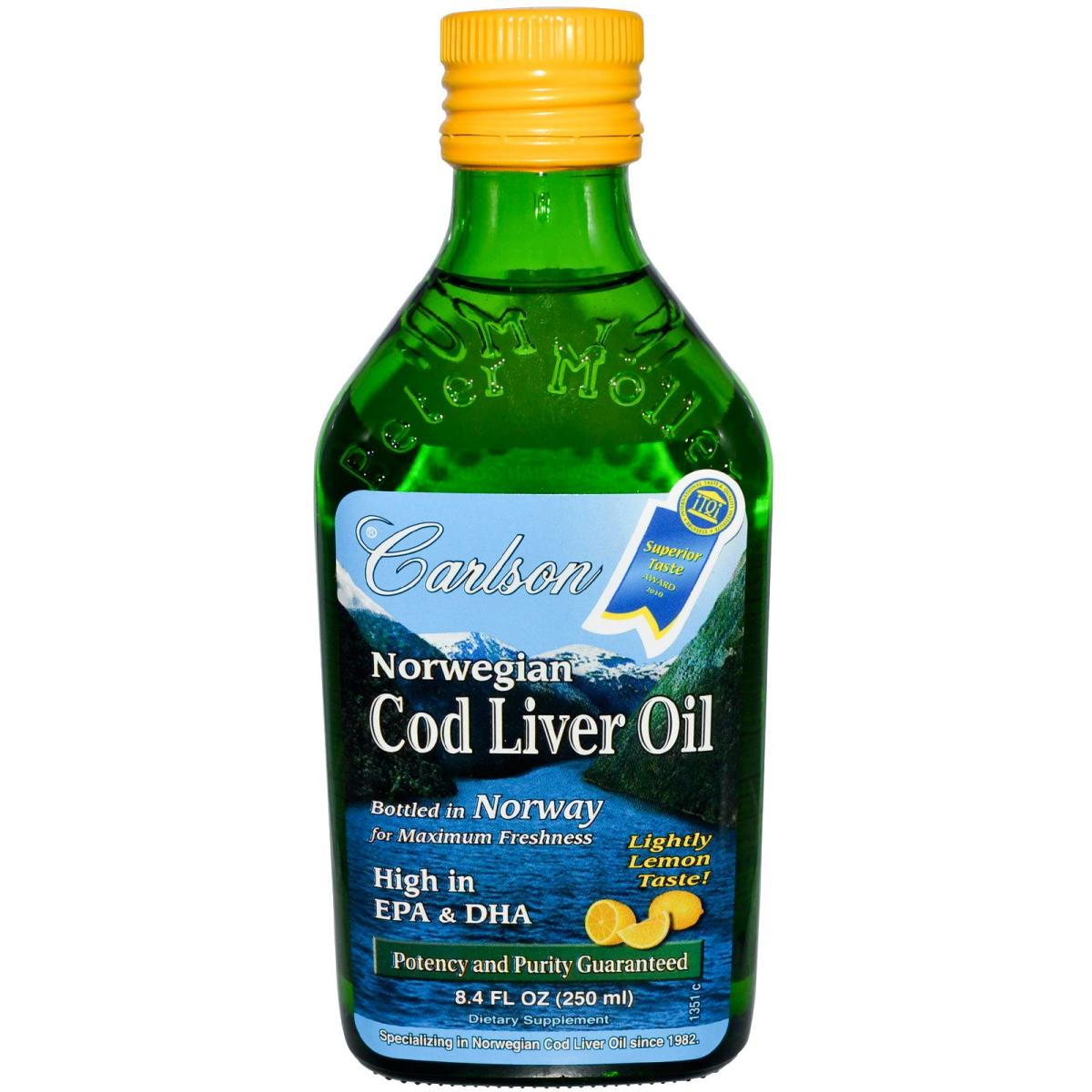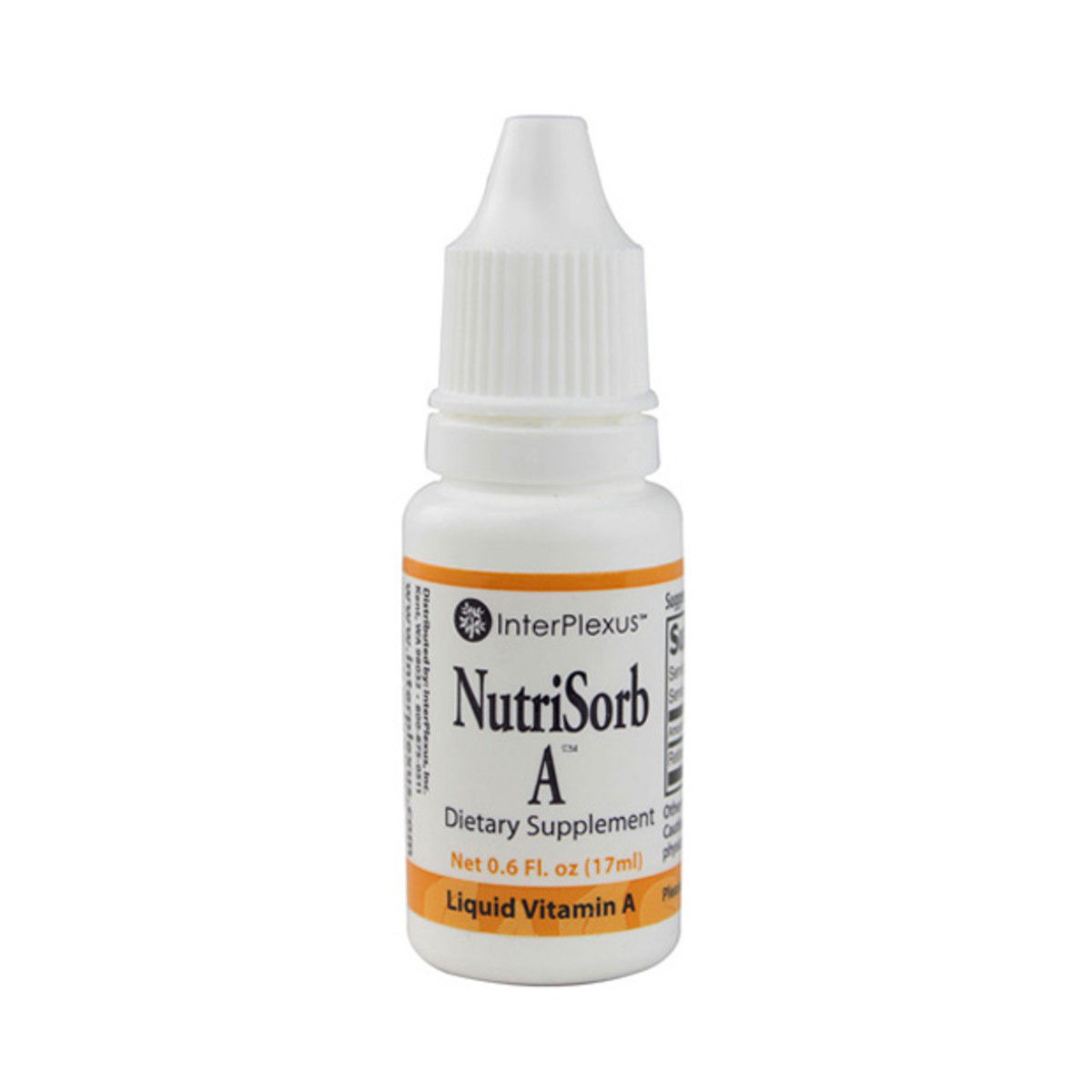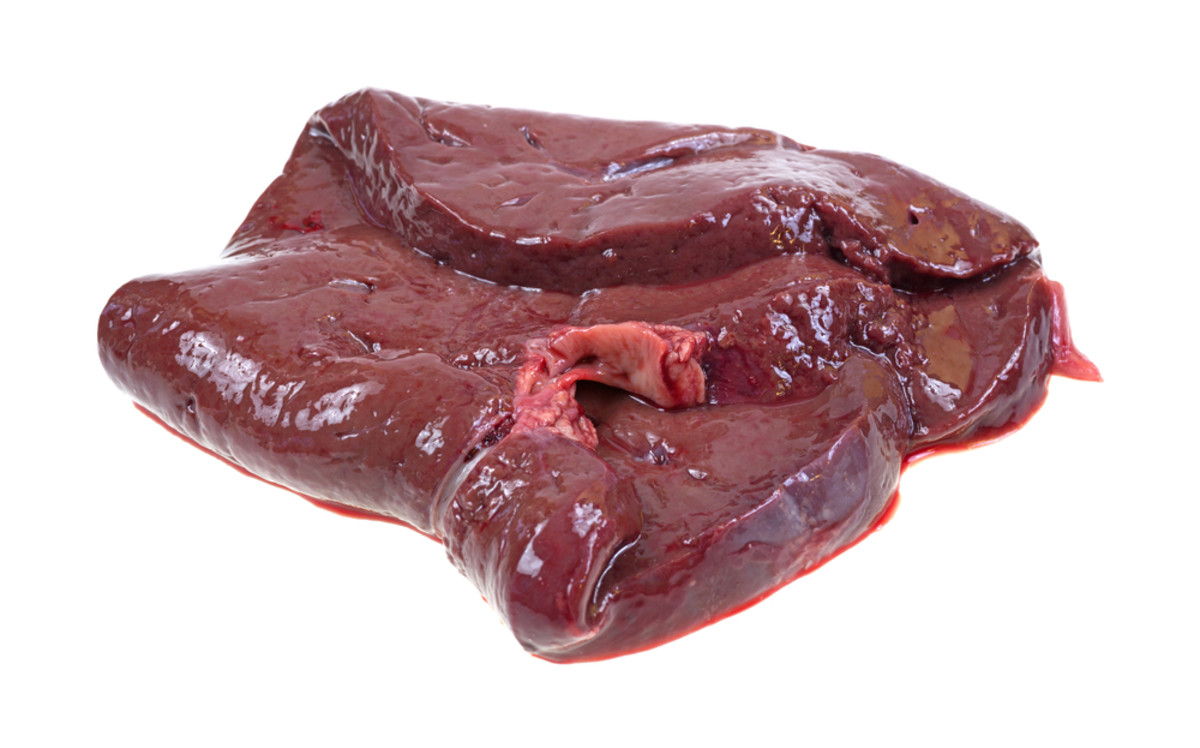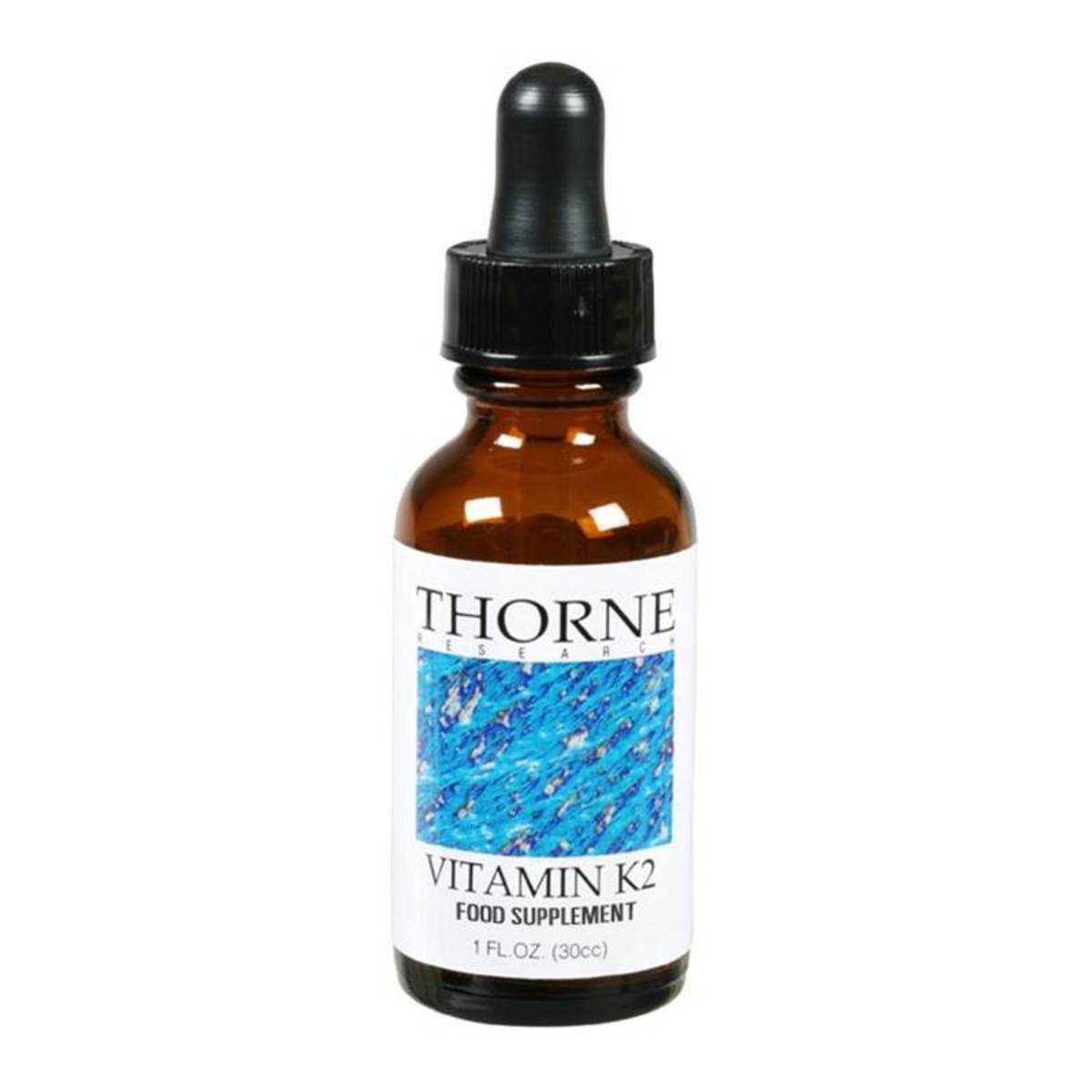Why You Should Never Take Cod Liver Oil For Acne
If you search the internet for intel on cod liver oil and acne, an old Beautyeditor article of mine will be one of the first to come up.
Back then, I thought I'd stumbled across the ultimate cure for acne and other skin problems.
And it was… sort of. Taking cod liver oil definitely helped me clear up my annoying monthly premenstrual jaw-area breakouts at the time. A browse through the comments, and other cod liver oil articles that cropped up on the internet after that, reveals that many other people had the same great results as I did—for not just acne but also oiliness, skin texture and tone.
But despite these positive outcomes, I don't take cod liver oil anymore. And if I encouraged you to use it, well, I apologize!
Although cod liver oil contains vitamins that I still believe are KEY for skin health, I no longer think it is a safe way to get them.
Why Cod Liver Oil Appears To “Work”
So if cod liver oil is so bad, then why does it work so well to clear acne?
Well, there are a few reasons. First is the vitamin A. As I outlined here, vitamin A is the most important nutrient for skin health, and a deficiency of it is often the culprit behind acne.
Unfortunately, the other mechanisms of cod liver oil aren't beneficial to your health.
By nature, cod liver oil, fish oils and other omega oils are highly unsaturated. And you already know how I feel about those. Polyunsaturated oils (PUFAs) are liquid at room temperature, unstable and oxidized—so much so that they have a suppressive effect on the thyroid and immune system.
Initially, this may lower inflammation, including inflamed acne. It can also slow down your metabolism, so you don't need as much nutrition to keep you going—including vitamin A. Since we know vitamin A deficiency is one of the main causes of acne, this is another way people may experience clearer skin from cod liver oil, even though it's damaging your health otherwise.
Cod Liver Oil is Oxidized and Aging
So this is the number one reason why I don't think cod liver oil is safe at all. It is so very unstable that it oxidizes upon exposure to air, heat or light. That means it's already rancid, just sitting in a bottle. Imagine what it's like after a few months on a shelf—or when it gets into your 37 degrees Celsius body!
When you ingest oxidized substances, it's not just your immune system and thyroid that suffer. Think: processes like glycation, lowered progesterone production and development of skin pigmentation.
I've also concluded that unsaturated oils are one of the biggest culprits behind skin aging. What's the point of taking cod liver oil to fix your acne short-term, when it's aging your skin down the road?
And body, too—Ray Peat's article “The Great Fish Oil Experiment” reveals evidence that cod liver oils and fish oils are even linked to cancer.
Sadly, there's a big profit motive with the fish oil industry… everyone is selling this stuff these days! Speaking of which…
Fermented Cod Liver Oil is Probably Rancid
The cod liver oil brand I used to take was the cult-favourite Butter Oil/Fermented Cod Liver Oil Blend from Green Pasture (a company that's a little too in bed with the non-profit Weston A. Price Foundation, but that's another story for another day).
This Green Pasture stuff is HUGE in Paleo and “real food” circles. I started off with their capsules, but later got the gel format because I wanted more bang for my buck. The Cinnamon Tingle flavour was the least worst on my gag reflex… but man, was it ever hard to get down. Just thinking about it makes me queasy!
That's because it's fermented, which means it doesn't go through the high-heat processing that regular cod liver oils do. (The heat actually strips them of vitamins, and then manufacturers have to add back in at the end, kind of defeating the whole purpose.) The big selling point with Green Pasture is that their cod liver oil retains its original amounts of vitamin A and D.
But what does “fermented” actually mean? The traditional method developed by northern cultures who needed cod liver oil for vitamin D is the same one used by Green Pasture—to store the cod livers in a barrel and let them sit for MONTHS.
Former WAPF chapter leader Dan Corrigan has this to say about the process:
“There are many stories of people having great success in using the product. We initially started selling that, but based on feedback from our highly sensitive customers, we decided to stop selling it and look for an alternative. You cannot ferment cod liver oil. Oil does not contain any sugars/starches, which are required for the friendly bacteria to grow.” The Green Pasture practice of placing cod livers in a vat and letting them sit for six months doesn‣t lead to fermentation, but rather to rotting, he contends.
Rotting!
Which accounts for the revolting smell/taste. If you were served a piece of fish that had been left out at room temperature for six months, would you eat it? So why ingest rancid cod liver oil made from bits of putrefying livers?
A Better Source of Vitamin A
I've always maintained that it was the vitamin A in cod liver oil that was giving us the skin and anti-acne benefits. So guess what? There are safer ways to get it without the aforementioned health risks.
The vitamin A supplement I've used is InterPlexus NutriSorb A, a liquid form that contains 2,500 IU of retinol per drop (as retinyl palmitate).
I wrote in-depth about NutriSorb A, and the benefits of vitamin A in general, over here. With the average person's dose of about 2,500 to 5,000 IU per day, there's not a big concern over vitamin A toxicity, although you should always consult with your doctor and make sure to monitor your palms for carotene accumulation (orange calluses). Some folks rub it on their skin; I take it orally.
Related:Should I take Retinyl Palmitate To Clear Up My Acne?
But what's even better than the retinyl palmitate—or any cod liver oil—is to just go straight to the source and eat the liver itself. Gross picture alert…
I'm talking about beef liver. Just one serving has more than 20,000 IU, so it's going to deliver the most vitamin A to your skin, and without any toxicity concerns.
I know it's disgusting, and I can't even bear to cook it, so what I do as a non-liver-eater is freeze a big raw slab for two weeks to kill any parasites. Then I cut off about 1 tbsp at a time and chop it into tiny pieces, which I then down as “shooters” in a shot glass with tomato juice and hot sauce. Works for me! You can't even taste it.
Be aware that a vitamin A deficiency isn't the only factor with acne; you could also have low thyroid function. This article has more info, plus tips on boosting thyroid through diet.
A Better Source of Vitamin D
To make up for the vitamin D I was getting from the cod liver oil, I now take a separate vitamin D supplement. I wanted to find something with as few ingredients as possible, and my search ended with Ddrops:
All they contain is D3 and fractionated coconut oil—and coconut oil is a safe saturated fat, not a PUFA. I take the 1,000 IU drops, but they also come in 400 IU.
Sun exposure, of course, is another option for vitamin D, although not realistically for most of the year here in wintry Canada. And since I'm worried about sun damage, I'd rather just supplement.
What About Butter Oil?
One of the big selling features of the Green Pasture cod liver oil is that it also contains something called “high-vitamin butter oil,” said to make the cod liver oil even more nutritious and effective.
In Weston A. Price's Nutrition and Physical Degeneration circa the 1930s, he spoke of a nutrient he called “Activator X.” Found in the butterfat and organs of grass-fed animals, he thought it was the key to immunity, good teeth and proper bone development.
Modern research finally identified this mysterious nutrient as vitamin K2, and you don't have to buy Green Pasture's products to get it. (Also, according to Ray Peat, “Butter oil is just a refined form of butter, and generally I think less refined foods are preferable, to minimize the exposure to oxygen and contaminants.”)
I personally take Thorne's K2 drops:
I don't know about the skin, but I've read testimonials of people saying this product eliminated dental plaque and even remineralized their teeth!
Conclusion
You don't need to take cod liver oil to get the benefits of vitamins A, D and K2. Eating beef liver, and/or supplementing those nutrients individually, can give you as many (if not more) benefits without the oxidization and rancidity associated with unsaturated oils. Plus, taking the vitamins separately allows you to control and adjust the dosage amounts according to your individual situation.
Have you taken cod liver oil?
Which supplements have helped your skin the most?
Cover photo: Athriftymrs






28.06.2024 @ 10:45
Excellent content! The clarity and depth of your explanation are commendable. For a deeper dive, check out this resource: EXPLORE FURTHER. What do you all think?